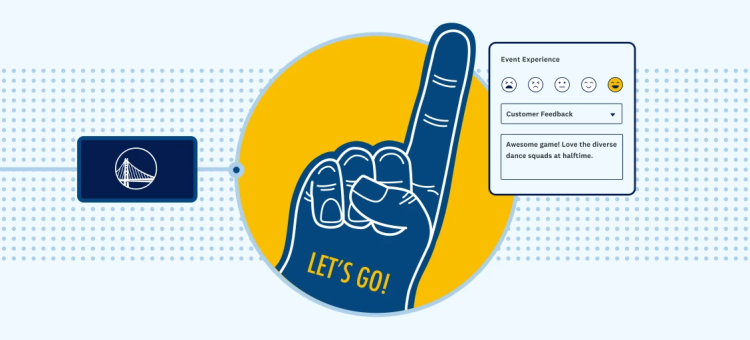If you Google, “Should I work with my friend/spouse/family member?” you’ll find countless different opinions.
Some claim it hurts your relationship with that person and worsens your work performance; others say it makes work more enjoyable and motivates you to work harder.
These contradicting opinions aren’t limited to search results: the public is just as confused. 55% of Americans would consider working with someone they’re close to, while 45% wouldn’t.
To help understand if this arrangement really works, we partnered with Entrepreneur to survey more than 1,000 Americans, on SurveyMonkey Audience.
Read on to see if you should mix business with pleasure.
Ready for answers?
Discover what your target market really thinks by surveying them on SurveyMonkey Audience.
An all-around productive experience for most
Welcoming friends, family, or a significant other into your workplace seems to generally go well.
Nearly three out of four people (72%) say it would improve the quality of their work. Why? Here are the top reasons they offered:
- It’s easy to be themselves. 73% would feel comfortable bringing their true selves to work.
- There’s built-in trust. 71% would readily believe something the other person told them.
- They know each other inside and out. 69% claim there’d be a clear understanding of each person’s strengths and weaknesses.
- They’re aligned on what success looks like. 48% think they’d share mutual success criteria.
For these reasons, there’s a strong case for accepting that employees’ quality of work does, in fact, improve when they’re working with someone close to them. For example, studies show that trusting colleagues has a positive correlation with an employee’s work performance, and being one's authentic self at the office leads to greater engagement and job satisfaction.
The employees’ personal relationships also stand to benefit. More than three in five (62%) say they’ve grown closer after working together.
Given the personal and professional benefits, there’s little wonder that 59% recommend working with someone you’re close to.
Just in case...tips to avoid negative consequences
Unfortunately, the situation isn’t always guaranteed to be rosy.
A relatively smaller share of people offered the following as potentially negative outcomes from working with a friend, family member, or significant other:
- It’s hard to separate work and personal life. 59% feel like they wouldn’t give each other a break from work.
- It’s challenging to keep the relationship strong. 56% say there’s a chance their relationship would be damaged.
- It’s demotivating. 33% acknowledge that it might make them comfortable to the point that they work less.
- It makes tough decisions tougher. 30% think that hard decisions would become all the more complicated when personal relationships are involved.
Set on working with someone you’re close to? You can effectively avoid these negative consequences by taking these measures:
1) Respect confidentiality. Asking for your friend’s salary, for example, can be uncomfortable and come off as invasive. Let them bring up more personal topics on their own.
2) Agree to two-way, constructive feedback. This makes it less daunting to give feedback and helps you become more receptive to receiving it.
3) Routinely set aside time outside of work to spend together. This can help you preserve the personal connection.
4) Consider the nature of your professional relationship. For example, managing a close friend is more likely to strain a friendship than occasionally collaborating on projects with them. Decide, in advance, if a more intense professional relationship (like the former) is worth risking your personal ties to that person.
5) Evaluate the situation, consistently. Take the time to reflect on what’s working, what's not, and how you can better work with them.
When it comes to working with those you’re closest to, there’s always risk involved. But if you can take the right steps for managing the relationship at the start, your personal relationship stands to grow while your work performance improves.
Create your own stories based on data
Our content marketing guide will teach you everything you need to know about creating content based on original research from survey data.



